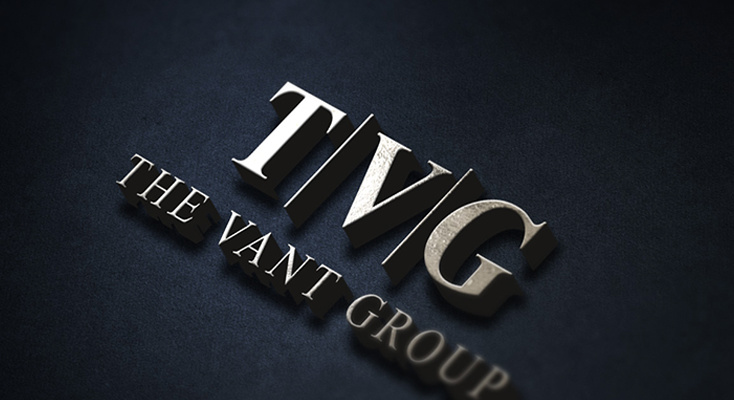Unlike the CEOs of major public companies, whose personal financial situation has little effect on their companies’ borrowing, if you are a small business owner, your personal credit is a major factor influencing your company’s access to capital. The power of personal credit scores to predict small business loan repayment, the legal structure of many small businesses, and small business owners’ use of personal guarantees and personal borrowing to finance business operations, all link small business owners’ personal credit to their companies’ access to capital.
Many, if not most, lenders will look at your personal credit score if you are a small business owner seeking a loan for your company. A 2006 report written for the U.S. Small Business Administration found that 71 percent of banks used small business owner credit scores when underwriting small business loans.
The use of the owners’ personal credit scores makes sense. As Federal Reserve Bank of Atlanta researchers explain, the personal credit record of the business owners is a good predictor of the repayment of business loans of less than $100,000.
The legal structure of small businesses also links personal credit to business access to capital. Approximately 72 of U.S. businesses are sole proprietorships, Internal Revenue Service data indicate. Because the debts of sole proprietorships are not legally distinct from those of their owners, lenders and trade creditors pay careful attention to the personal creditworthiness of sole proprietors.
Even when small business owners set up corporations to limit their personal liability for the debt of their businesses, they often tie their personal credit to their companies’ borrowing by personally guaranteeing the debts of their businesses and personally borrowing to finance their companies’ operations. According to analysis by the Federal Reserve, 41 percent of all small business loans and 56 percent of small business borrowing are personally guaranteed.
Studies show that many small business owners borrow personally to finance their business operations, further intertwining small business borrowing and owner personal credit. A paper by Alicia Robb of the University of California at Santa Cruz and David Robinson of Duke University indicating that about one quarter of new companies are funded by the personal borrowing of their founders.
For many small business owners, tapping home equity is an important way personal credit is transformed into business capital. Analysis by Minneapolis-based market research firm, Barlow Research shows that about one quarter of small business owners tap the equity in their homes to finance their businesses either by using their homes as collateral for business loans or by taking home equity loans and plowing the proceeds into their companies.
Drawing on personal credit card credit lines is another way that small business owners use personal credit to finance business operations. According to Intuit’sFuture of Small Business Credit Report, small business owners have $150 billion in outstanding credit card debt that they have used to finance their businesses.
—– Source: www.smallbiztrends.com


